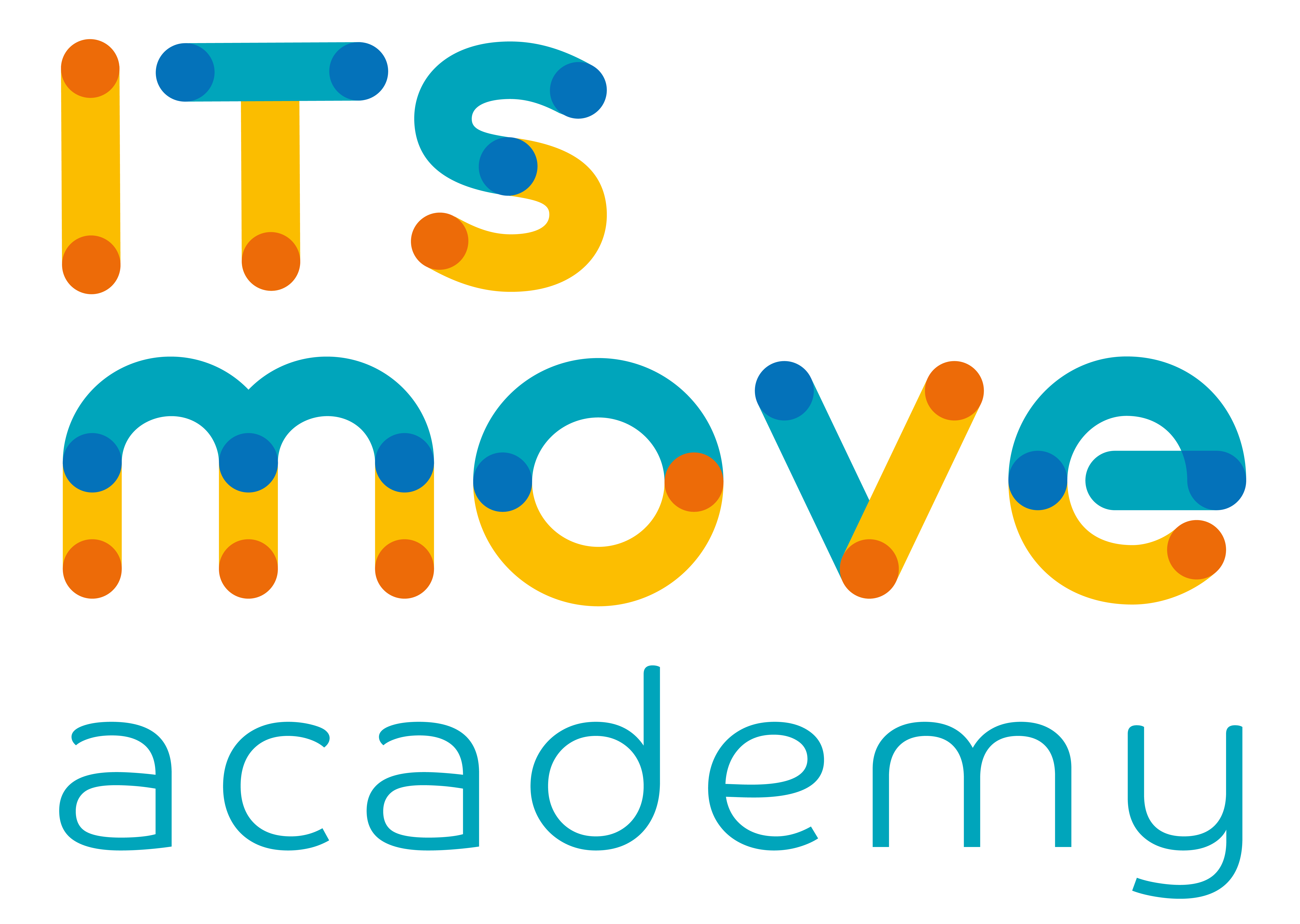In recent years, the ITS courses of Higher Technical Institutes have gained increasing popularity as a viable alternative to traditional academic paths. In particular, the ITS courses in the transport and logistics sector offer qualified training, with the aim of providing students with technical skills required by the labour market. Once ITS courses in transport and logistics have been completed, a common question arises among new graduates: what to do next?
One of the main advantages of attending ITS courses is the high employment rate among graduates. According to recent data reported by the Ministry of Education and Meritmore than 86.5% of ITS students find a job within one year of graduation. This success is due to several factors, including the practical nature of the study path and the close cooperation of ITS with companies in the sector in the area.
I ITS courses of the ITS Move Academyare structured to enable graduates to enter the world of work as soon as they finish their studies, being compatible with the profiles most in demand on the market. With lectures given by professionals and 900 hours of compulsory internships in leading companies in the area, students will learn to manage all the enabling technologies in the sector to be able to optimise and improve business performance.
Job opportunities after ITS courses in transport and logistics
At the end of the ITS courses the possibilities open to students are very numerous. First you have to decide whether continue the in-depth study of the sector with post-diploma specialisation courses (ITS masters, professional certifications, continuing education courses or a university course) or look for one immediately vocational outlets in the world of work.
What are the most in-demand professions and opportunities for those finishing their studies?
- Logistics ManagerThe Logistics Manager is responsible for the planning and management of a company's logistics operations, including the management of transport, warehouses and supply chains. The Logistics Manager is essential for optimising business processes and ensuring efficient delivery of products;
- Supply Chain ManagerThis figure oversees the entire production and distribution process of a product, from the supply of raw materials to delivery to the end customer. ITS courses prepare graduates to manage the complexities of the supply chain, improving efficiency and reducing costs;
- Transport Analysttransport analysts focus on optimising transport routes, timing and costs. The main objective is to improve business performance by reducing delivery times and optimising the use of resources;
- Expert in integrated logisticsThis professional figure is involved in the design and management of integrated logistics systems covering several stages, from transport to distribution. The integrated logistics expert works to coordinate and synchronise all phases of the supply chain.
The transport and logistics sector is constantly evolving, and the ability to adapt to technological changes and new market demands is crucial to building a successful career. ITS graduates are trained to be able to meet these challenges and seize the opportunities offered by one of the most dynamic sectors of the labour market.
ITS courses offer a specialised and practical training which prepares students to work in sectors that are constantly being updated, constantly growing and always on the lookout for qualified professionals. Those in transport and logistics are an excellent choice for those who wish to quickly enter the world of work with technical skills that are in high demand. After graduation, the opportunities are manifold: from immediate employment in a company to further specialisation through university courses or professional certifications.

Author of the article
ITS MOVE - Editor



